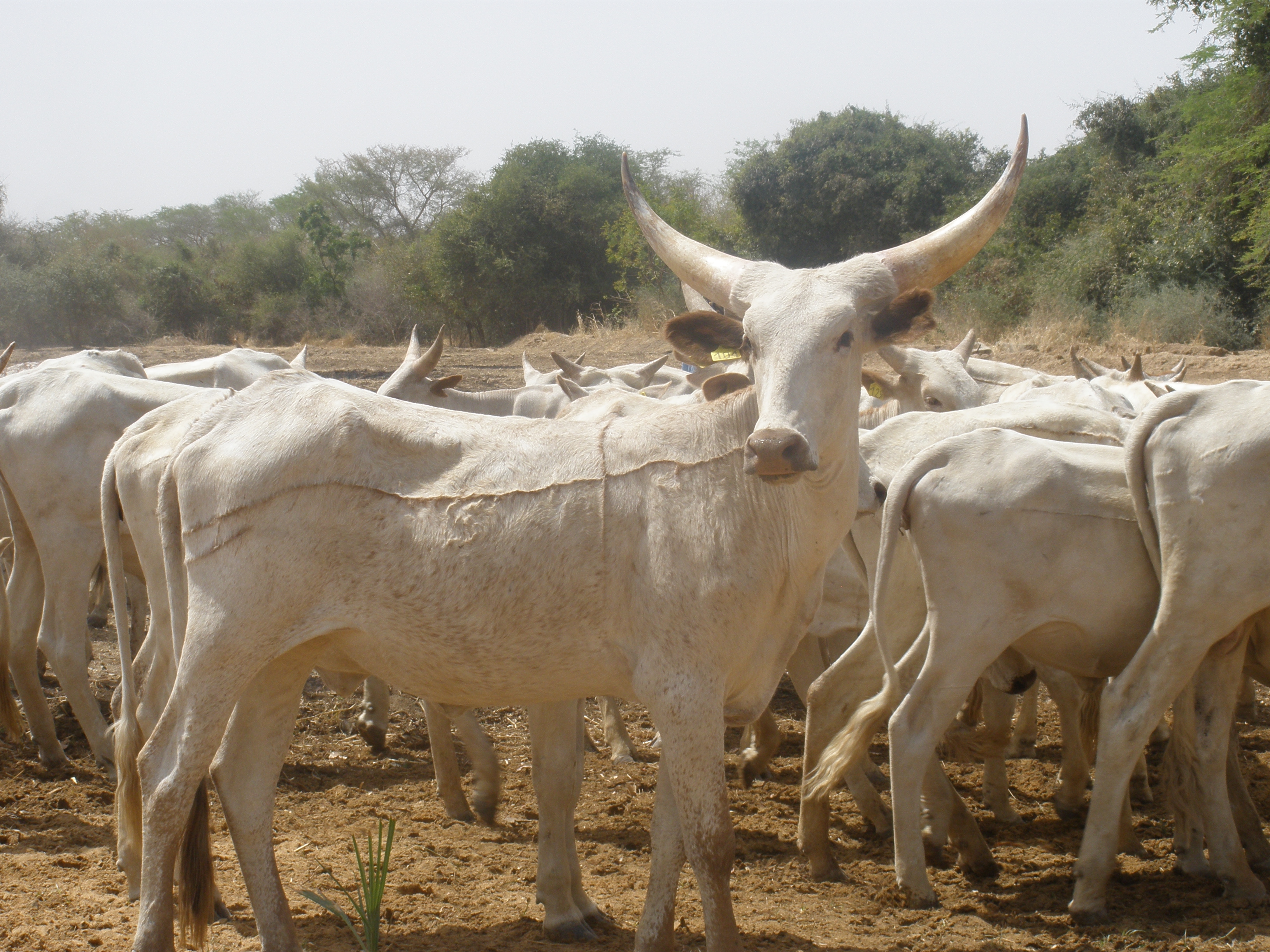
Participants to the 18th Conference of the OIE Regional Commission for Africa held in N’Djamena from 23 to 26 February 2009 recalled that african countries must implement early detection and rapid response mechanisms, for the prevention and control of animal diseases including zoonoses and appropriate food safety measures at all stages of animal production.
The OIE will continue to support Member Countries by strengthening their animal health systems through the evaluation of the compliance of national Veterinary Services with OIE standards on quality and support to the upgrading of those services.
Support is already provided on laboratory capacity through the OIE Twinning Initiative; potential candidate laboratories are identified in Africa for projects on prioritary diseases which will be twinned with existing OIE Reference Laboratories from other regions of the world. This twining programme allows among others direct exchanges of scientists from both twined laboratories and facilitates building and/or reinforcing Veterinary Scientific Community in African countries.
“It is important to convince developed countries – which made huge investments to become free of major infectious diseases, including zoonoses – that the best way to protect their disease free status is to help developing countries eradicate disease from their territory, thus stopping to be a reservoir for pathogens”, Dr Vallat commented.
Many trade sensitive animal diseases are endemic in a majority of African countries and constitute a major barrier to intra-regional and international trade of animal and animal products.
“Work is needed at all levels in most African countries to stop the progression of poverty because animal diseases are widespread, infect humans in the case of zoonoses and prevent African producers from accessing high value regional and world markets” Dr Vallat commented.
Dr Bernard Vallat, OIE Director General
An in depth analysis of the impact of the Brucellosis, a major zoonosis, in susceptible animals in the African continent has been discussed by the conference participants.
Brucellosis in Africa is a serious obstacle to livestock and rural economies with heavy repercussions on public health, food safety and food security, particularly affecting milk production, in the whole of the African continent, participants to the 18th OIE Regional Commission for Africa in N’Djamena, Chad warned.
“The prevention and control mechanisms that could help contain brucellosis, and in fact any other infectious animal disease, are often not yet properly nor timely applied in several African countries”, OIE Director General Dr Bernard Vallat said.
The assessment points to different factors responsible for the incidence of brucellosis in both animals and humans. First vaccination, necessary for ensuring immunity of susceptible animal population, is not broadly applied nor consistently monitored in number of countries while available vaccines are not adapted to the use in tropical conditions. And in the case of brucellosis outbreaks, appropriate sanitary control measures are not always applied.
Inappropriate veterinary governance and lack of cooperation between livestock owners and veterinarians are often at the basis of the problem. “We must insist that good collaboration between veterinarians and cattle owners, is a key factor for success in controlling brucellosis”, Dr Abdoulaye Niang, President of the OIE Regional Representation for Africa, commented.
Dr Abdoulaye Niang, President of the OIE Regional Representation for Africa.
The Conference adopted two important recommendations which will be submitted for consideration and final adoption by all OIE Members at the next General Assembly of 172 OIE national Delegates, in May 2009 in Paris.
The Conference was kindly hosted by the Government of Chad. It was chaired by Dr Adam Hassan Yacoub OIE Delegate of Chad to the OIE with the support of the OIE Headquarters and the OIE Regional and Sub-Regional Representations for Africa
All pictures (c) N. Denormandie and P. Bastiaensen (oie) 2009


